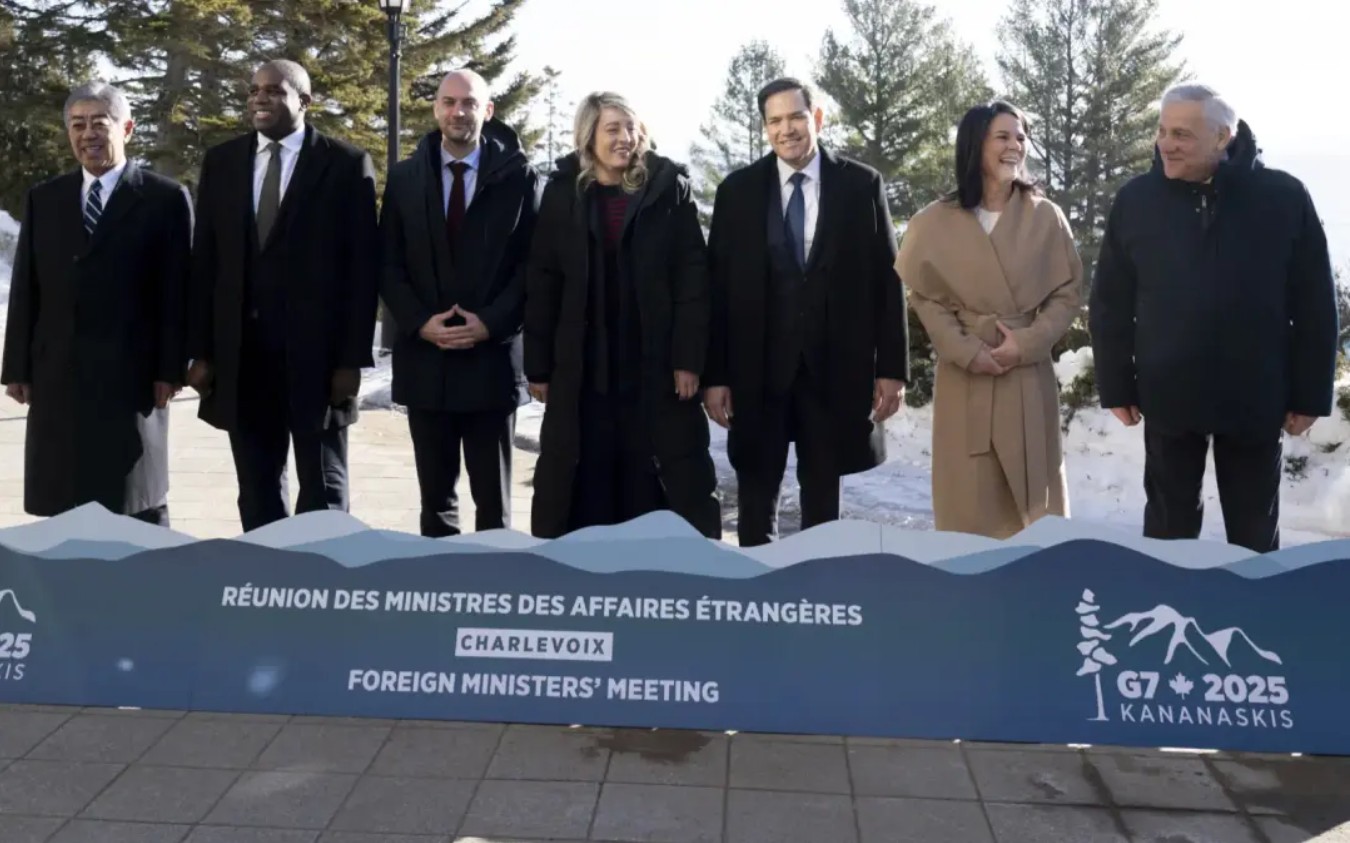
C7's Response to the 2025 G7 Foreign Ministers' Statement
The Civil Society 7 (C7) acknowledges the Group of 7 (G7) Foreign Ministers' Statement issued in Charlevoix, Quebec, on March 14, 2025. While the statement addresses several pressing global issues, it is crucial to highlight the underlying challenges that continue to worsen human suffering worldwide — challenges that demand urgent action and sustained international cooperation, including from G7 countries.
Support for Ukraine
The G7's reaffirmation of unwavering support for Ukraine in defending its territorial integrity and sovereignty is a crucial stance against aggression, particularly in light of continued military escalation and deliberate attacks on civilian infrastructure. Ensuring a just and lasting peace for Ukrainians should be the focus of all long-term security and reconstruction commitments, which will play a key role in the broader stability of Europe and the world.
Furthermore, similar attention must be given to other crises worldwide, ensuring that other conflicts also receive consistent and principled international responses. A consistent approach to human rights and crisis response strengthens global credibility and reinforces international commitments to peace and justice.
Commitment to Nuclear Non-Proliferation
The reiteration of commitments toward nuclear non-proliferation is a positive step, but must be translated into concrete actions, including renewed diplomatic efforts and transparent mechanisms to ensure compliance with international treaties. The G7 should reaffirm the position that the use or threat of nuclear weapons use by any actor is unacceptable.
Humanitarian Crises and Conflict Resolution
The C7 welcomes the G7 Foreign Ministers’ acknowledgment of the importance of unhindered humanitarian access and the protection of civilians, particularly in Sudan and Myanmar. Additionally, we support the emphasis on the meaningful participation of women and youth in the peace process in the Democratic Republic of Congo, essential elements in fostering long-term peace and stability.
The Middle East and the Burden of Peace
While the G7 statement expresses support for humanitarian aid to Gaza and calls for a permanent ceasefire, it falls short in fully acknowledging the burden of peace in the region. A sustainable and just resolution must recognize the suffering of all affected populations, including the people of Gaza, whose humanitarian situation remains a pivotal factor in achieving long-term stability.
In 2025, the G7 must reiterate its support for multilateralism and reinforce the rules-based international order, which requires genuine cooperation with allies while standing up to those who seek to abuse human rights and curtail freedoms.
A key shortcoming of the statement is its limited recognition of civil society’s role in addressing global challenges. Civil society actors worldwide play a critical role in peacebuilding, humanitarian response, sustainable development, and governance. This should be reflected in the statement and embedded in G7 processes.
The C7 looks to find roads to collaborate and bring forward, together, a whole-of-society approach to addressing these global challenges, including through the G7. Meaningful engagement is essential to ensuring that those affected by G7 policies have a voice in the discussions. The C7looks forward to continued meaningful engagement during Canada’s G7 Presidency, including the upcoming Finance Ministers’ meeting and the Leaders’ Summit.